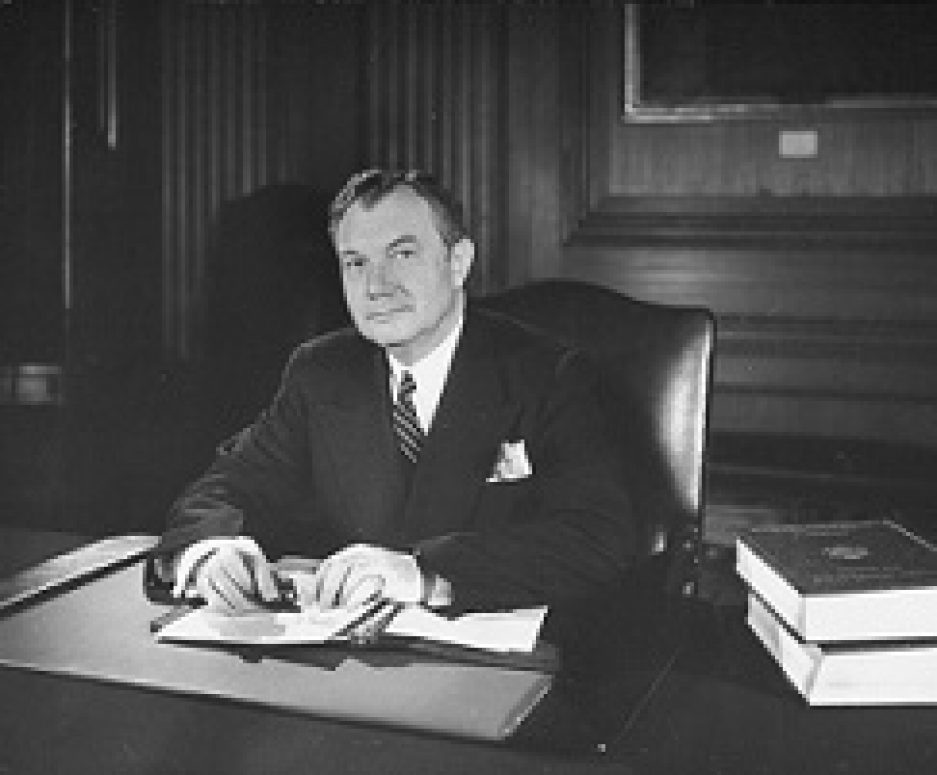Upstate New York’s “greats” include Robert Houghwout Jackson, of course.
Another such great, during her four undergraduate years at Cornell University in the early 1950s, was Ruth Bader of Brooklyn. She in time became, of course, Ruth Bader Ginsburg, a star law student, a lawyer, a law professor, a path-marking U.S. civil rights litigator who established the equal rights of women and men, a U.S. appellate court judge, a U.S. Supreme Court justice, and, in public knowledge and acclaim during her final decade, “Notorious R.B.G.”
Justice Robert H. Jackson (1892-1954) and Justice Ruth Bader Ginsburg (1933-2020) never met. But they are connected in history by their accomplished terms of service on the U.S. Supreme Court.
Jackson and Ginsburg also were connected by their personal relationships with Robert Eugene Cushman.
Dr. Robert E. Cushman, Ph.D., was a Cornell University government professor and constitutional law scholar.
From the late 1920s into the 1950s, Cushman was a Jackson contact and friend. Indeed, Jackson employed Cushman’s son John as a Supreme Court law clerk during 1950-1951. Dr. Cushman had significance to Jackson.
Cushman had even greater significance to Ruth Bader, and to all that she became and accomplished. He was one of her influential teachers at Cornell. He employed her as a research assistant. He was her most consequential mentor, because he introduced her to law and to civil liberties and urged her to become a lawyer.
On May 6, 2023, Ginsburg biographer Irin Carmon and I spoke at the Robert H. Jackson Center in Jamestown, New York, about Jackson, Cushman, and Ginsburg. (This Jackson Center program was, along with a fine performance that evening of the one-actor play “All Things Equal,” part of an “RBG Day” in Jamestown.)
You can watch this Robert H. Jackson Center program—remarks by president Kristan McMahon, by me, and by Irin Carmon, and then some Q&A and discussion—here on YouTube:
